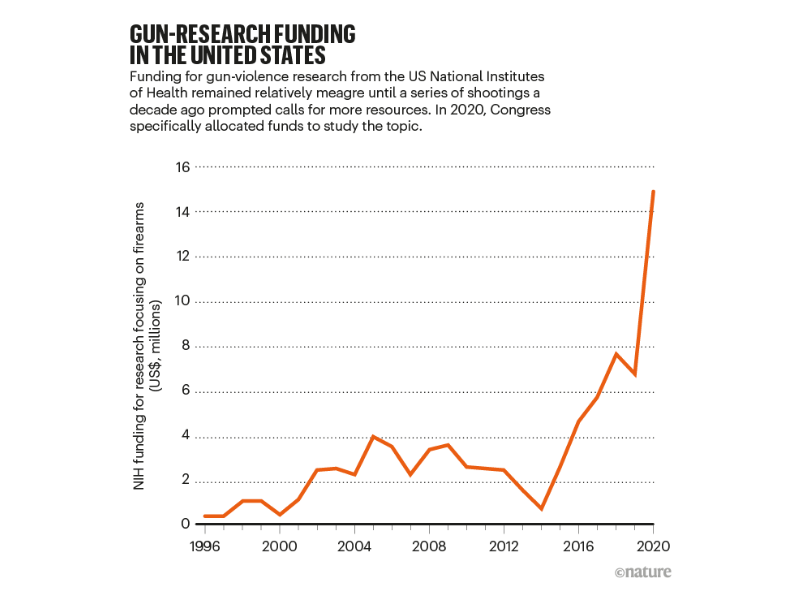Tulane faculty member featured in Nature, discussing gun violence and maternal health

Dr. Maeve Wallace, a reproductive and perinatal epidemiologist at Tulane University School of Public Health and Tropical Medicine, was highlighted in Nature and interviewed on an accompanying podcast for her research on gun violence and maternal health.
Wallace’s research has focused on the social, structural, and policy determinants of maternal and child health and how health inequities, including structural racism, violence, health policy, and human rights, affect these areas. Her current work has focused on maternal health in the United States. Five years ago, she published a study showing that being pregnant or recently having a baby nearly doubles a woman’s risk of being killed.
Wallace is the Mary Amelia Center for Women’s Health Equity Research (MAC) associate director and a faculty researcher with Tulane’s Violence Prevention Institute. MAC conducts interdisciplinary research that identifies and disrupts barriers to knowledge, opportunity, and health for women and their communities while addressing inequities in health across their lifespan. The Violence Prevention Institute functions as a hub for supporting and expanding multidisciplinary violence prevention-related research, teaching, community programs, and advocacy efforts across Tulane University, New Orleans, and beyond.
In the interview with Nature, she discussed how funding became available from the U.S. National Institutes of Health (NIH) to study deaths and injuries from gun violence. Wallace had been looking at maternal health for years and noticed firearms fatalities in her research.
She knew firearms in the U.S. were politically divisive, so she often tucked related terms and findings deep within her papers and proposals. Finally, funding to study gun violence allowed Wallace to open her research to focus on maternal mortalities that specifically involved firearms.
“This call for proposals really motivated me to ask the research questions that I may not have otherwise asked,” Wallace says in the article.
Wallace began to examine whether states that enact laws prohibiting firearm ownership by people convicted of domestic violence or under domestic violence restraining orders have fewer homicides of new and expecting mothers in subsequent years as a result. Male partners are the killers in nearly half of homicides involving women in the United States.
The release of funding by NIH to study gun violence was a big deal. The federal government stopped funding gun-violence research in 1996 after Congress passed the “Dickey Amendment” that barred the Centers for Disease Control from using funds to advocate or promote gun control. In 2019, Congress reached a spending agreement that included $25 million for gun violence research.
According to the Gun Violence Archive, a total of at least 19,223 people died due to gun violence in 2020. That’s an almost 25% jump from the year before. Researchers hope their findings will support the passage of evidence-based policies as lawmakers across an increasing number of states look for ways to address high and rising maternal mortality rates. Likewise, Wallace hopes her research will help save lives.
